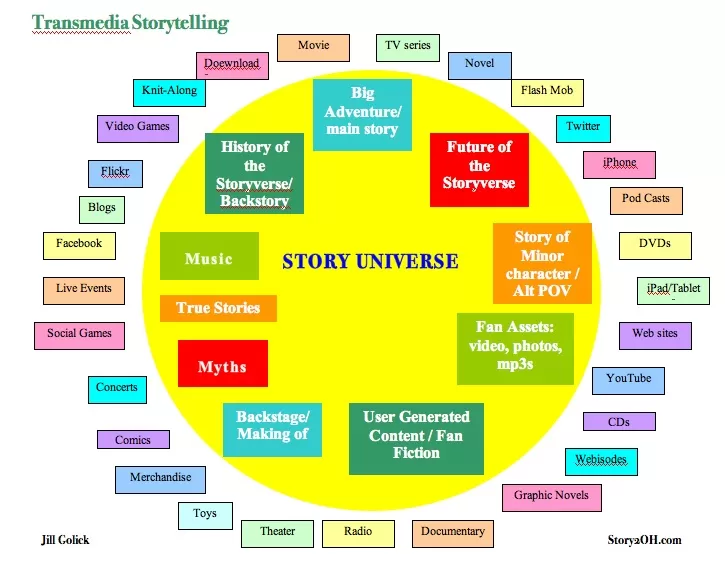Unlike other forms of advertising and promotions, social media marketing is not interruption based, but permission based. We have been social creatures since the days of cavemen and one of our earliest inventions was language development. Knowing how to effectively communicate begins with active listening.
In order for your strategy to make an impact it needs to follow trends, know where your target audience spends their time online, and how to communicate about your products and services without spamming people or getting blocked from networking platforms.
Step 1: Become open-minded.
Understand that assumptions are not facts. Most businesses end up speaking to their existing partners and co-workers online. This is great if your goal is peer-building, but it’s not going to increase your online presence. Do not use offline data to market your brand online. Do not assume that everyone is like you. Do not treat your online activities as a waste of time or insignificant. (Most people can pick up on negative or passive-aggressive attitudes and it is not a good first impression.)
Begin your research understanding that you know nothing- that way your current opinions can’t cloud your judgement and lead you down the wrong path.
Step 2: Put your ear to the ground.
The easiest way to start listening is to create a listening desktop. I recommend that you use iGoogle to manage all of the blogs and RSS feeds you follow in relation to your company and category. If you don’t have a gmail account it’s easy and free to set one up. Once you’ve logged into your iGoogle homepage you can start adding blogs and RSS feeds to keep track of on a daily basis. You can also add keyword searches to iGoogle.
Other examples include: competitor names, individuals in your company, product names, etc.
Other things to track include:
- Twitter feeds or search results
- News search results
- YouTube
- Flickr
- Yahoo Answers
Using Excel, create a worksheet that tracks audience data and social media sites where your brand and category is being discussed or commented on.
Audience data:
What kind of people are in your audience?
- Age
- Gender
- Income
- Children
- Regions
- Ethnicity
Keyword data:
- Phrase
- Age
- Male/Female
- Google Groups
- Yahoo Groups
- Digg
- Blogger
- Wordpress
adCenter Labs http://adlab.msn.com
Quantcast www.quantcast.com
Other resources for paid research:
Nielsen Online www.nielsen-online.com
Hitwise www.hitwise.com
Compete http://compete.com
Comscore www.comscore.com
Forester www.forrester.com
Step 4: Start asking questions
There are many free tools to help you ask questions. Yahoo Answers allows anyone to ask and answer, but they don’t necessarily reflect your target audience. LinkedIn allows you to specify the category of your question and narrow down whom you’d like answers from within the LinkedIn community.
Another great resource for creating a free online survey is Google documents. If you’d prefer to have a more professional service conduct a survey on your behalf is to use something like www.surveymonkey.com.
Step 5: Review Google Analytics
Look at how visitors are behaving on your site. Note which pages are popular and visitors spend time on. Begin to think about how the topics of these pages can be incorporated into your social media marketing plan.
Step 6: Compile findings
Take all of the data and research collected and decide how to start engaging in social media to extend your brand presence online.
Step 7: Design a Digital Social Media Policy
Your social media policy serves, in its simplest form, as a guide to how a business, its employees, and anyone else speaking on behalf of the business should share opinions, beliefs, and recommendations with customers online. It is important to have this in place before you engage your staff to represent your brand. Learn more from WOMMA (Word of Mouth Marketing Association).




